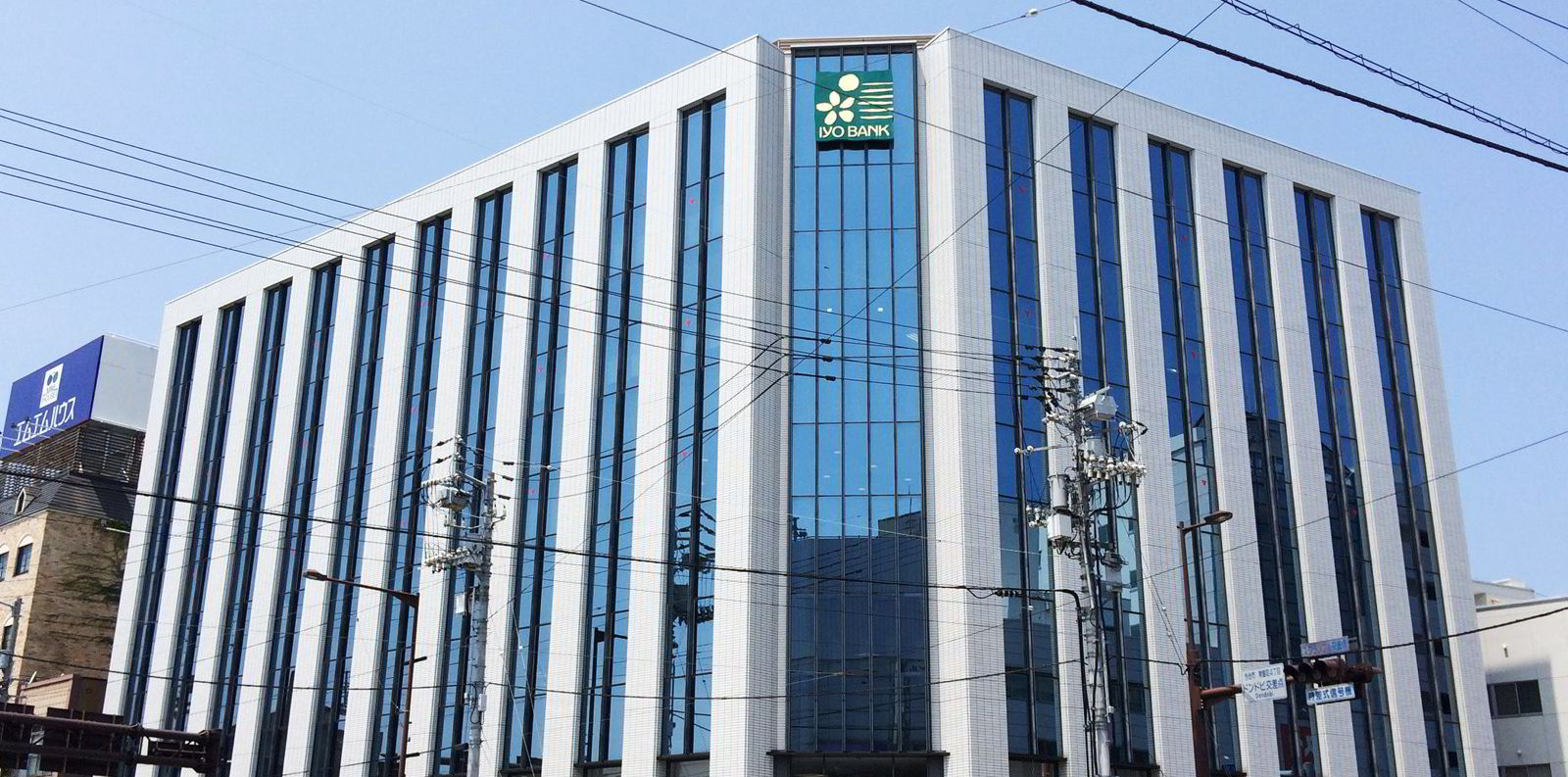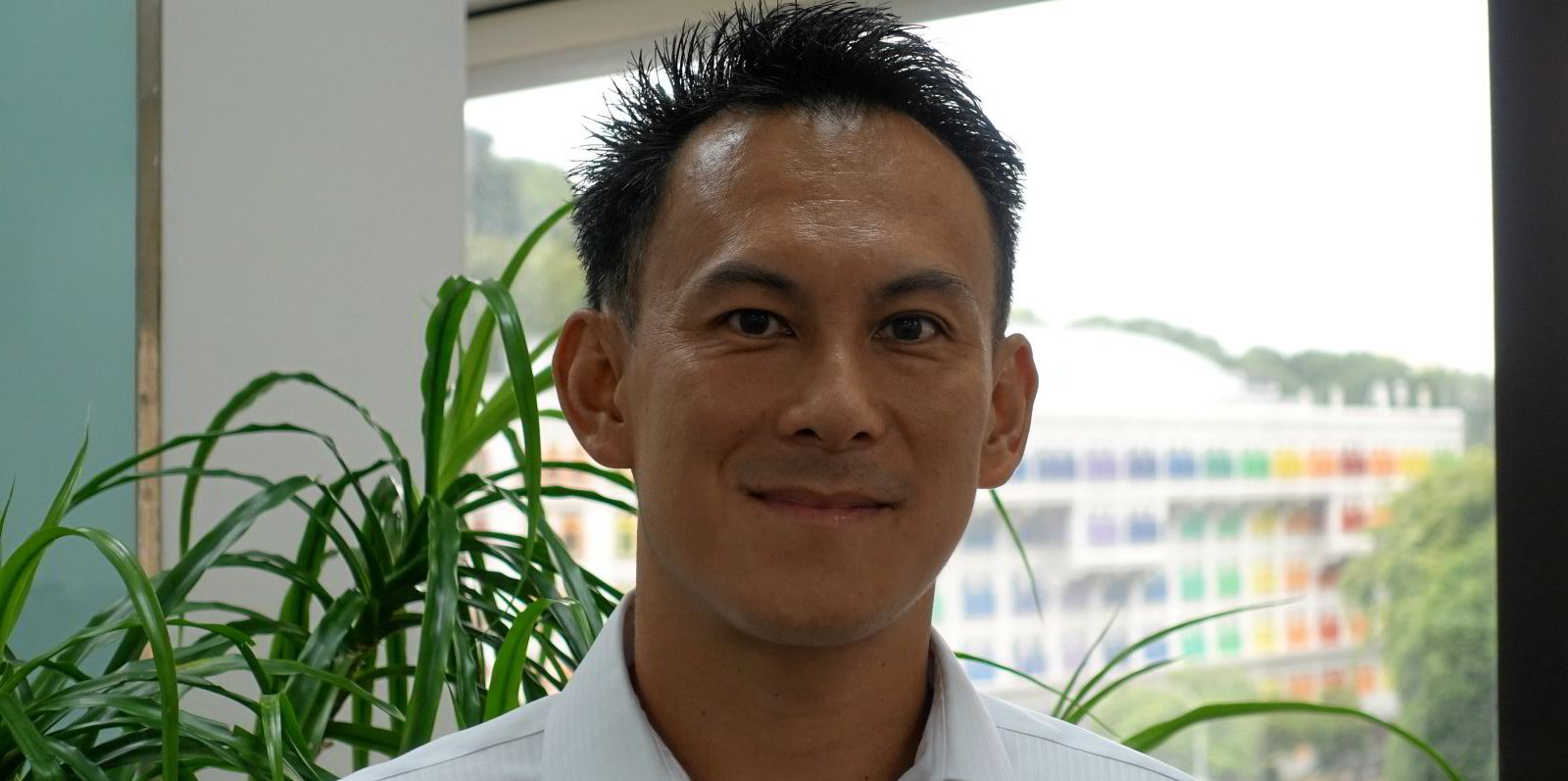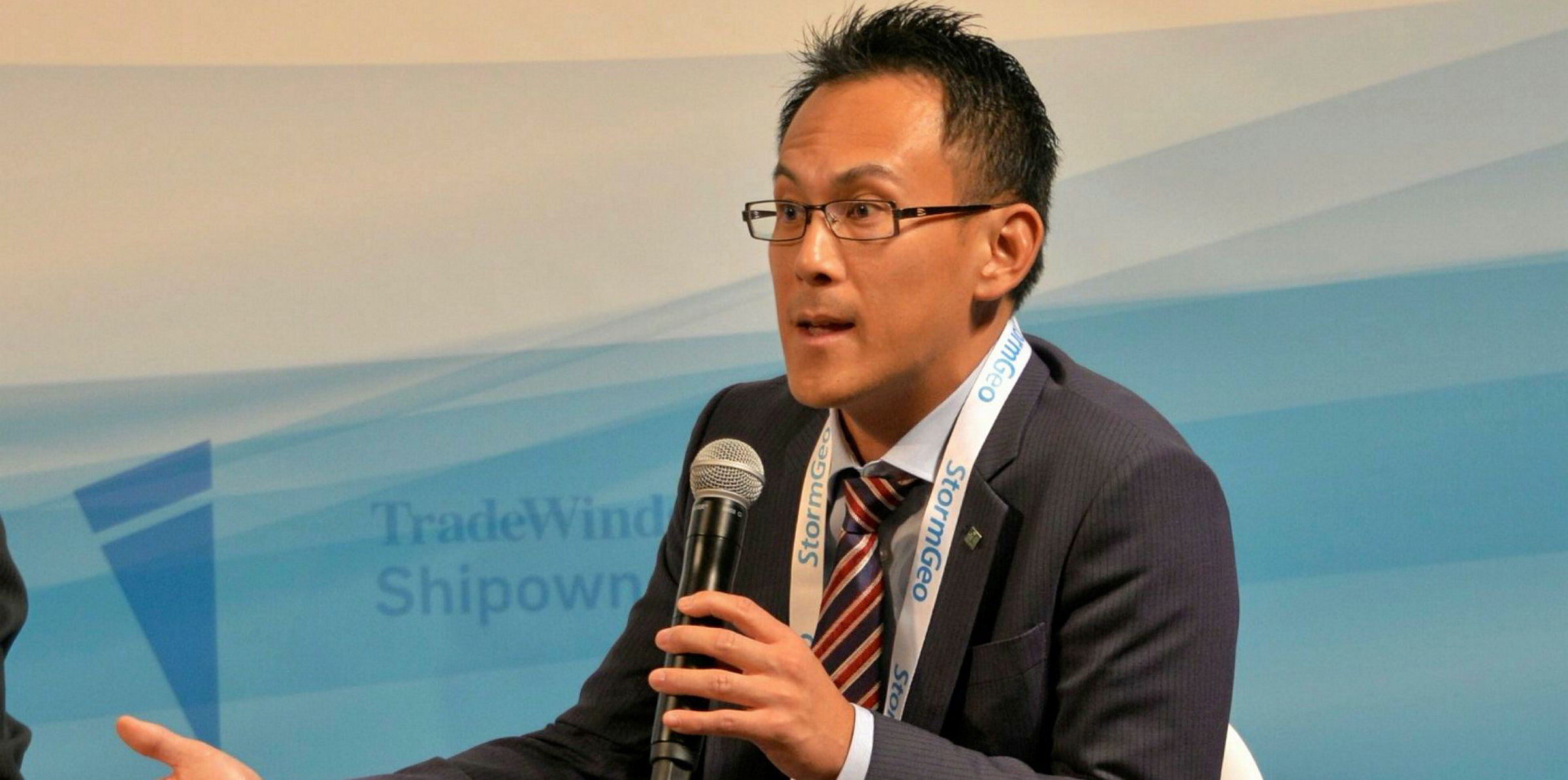Covid-19 has thrown a spanner in the works of the maritime industry, but it hardly affected Iyo Bank's ship financing activities.
On the contrary, the Japanese regional financial company recorded an increase of nearly 12% in lending to shipping companies despite a generally weaker market.
During Iyo’s 2020 financial year that ended in March, it made ¥730bn ($6.4bn) in shipping loans, a rise of ¥85bn on the previous year.
Yuya Wakimoto — head of treasury, investment and debt product at Iyo Bank in Singapore — believes the increase in lending was driven by the slew of newbuildings that were delivered before July 2020 to beat the International Maritime Organization's goal-based standards.
As part of the regulations of the International Convention for the Safety of Life at Sea (Solas), the goal-based standards are a set of safety, environmental and security standards for bulkers and tankers 150 metres long that apply to newbuilding contracts from July 2016 and deliveries from July 2020.
Ship financing is a key business for Iyo Bank: Wakimoto said it accounts for 20% of its total lending.
Foreign clients
Iyo is the first Japanese regional bank to set up a branch office outside the country. It established a Singapore office in late 2016 to support Japanese shipowners operating there.
“Our purpose was to support these Japanese clients, but we also knew that we needed to expand our business to non-Japanese-related companies in order to increase our revenue,” Wakimoto said.
Iyo’s strategy of targeting non-Japanese shipowning companies in Singapore for the past five years has worked. They now form more than 60% of its business portfolio.
The office also covers clients based in Hong Kong, Taiwan and Thailand.
Iyo is offering loans for newbuildings, secondhand vessels and refinancing of ships.
“Our bank prefers vessels that have high liquidity such as bulk carriers and tankers. We do containerships but not the ultra-large ones,” said Wakimoto. “We do not finance offshore units and cruiseships, as they are niche vessels.”
He said Iyo adheres to three strict guidelines when arranging loans, and will only facilitate lending to vessels that were built at Japanese shipyards.
“Being a local bank from Imabari City, where there are many shipyards, we prefer to finance Japanese-built ships,” he said.
“Iyo does not finance non-Japanese built vessels, with the exception for shipyards that are owned or co-owned by the Japanese but are located outside Japan, such as Tsuneishi Cebu, Tsuneishi Zhoushan, Nantong Cosco Ship Engineering and Dalian Cosco KHI Ship Engineering.”
A presence in Singapore is the next condition that Iyo has laid down.
“We view the face-to-face meeting with clients to be very important. Being able to meet and communicate with them enables us to have a better understanding of the companies and we get to know their strength, vision and strategy.”
Wakimoto said his company currently does not work with non-Japanese shipping companies that do not have an office in Singapore.
“A presence in Singapore means the company must have an accounting division here,” he said. “Many European shipping firms have set up offices here, but they only have the chartering desk.
“This does not work for the bank … the chartering team is not involved in the company’s financial statement, and they will not be able to discuss financing matters with the bank.”

Iyo also avoids companies that are heavily involved in speculative activities.
“Our bank prefers customers that would own the vessels for a long time and maintain them as their own assets. We are reluctant to finance ships that are bareboat chartered out, because owners do not maintain them,” Wakimoto explained.
When reviewing a company’s accounting book, Iyo focuses on corporate finance, not project finance.
“We need to study all the special purpose companies and assess the group’s strength as a whole,” Wakimoto said.
Iyo is keen to grow its shipping financing business further, he added, and will be around in good times and bad.
“Iyo wants to support our customers and we hope they will do the same — be responsible and be open ... we need to have the trust with each other,” he said.






